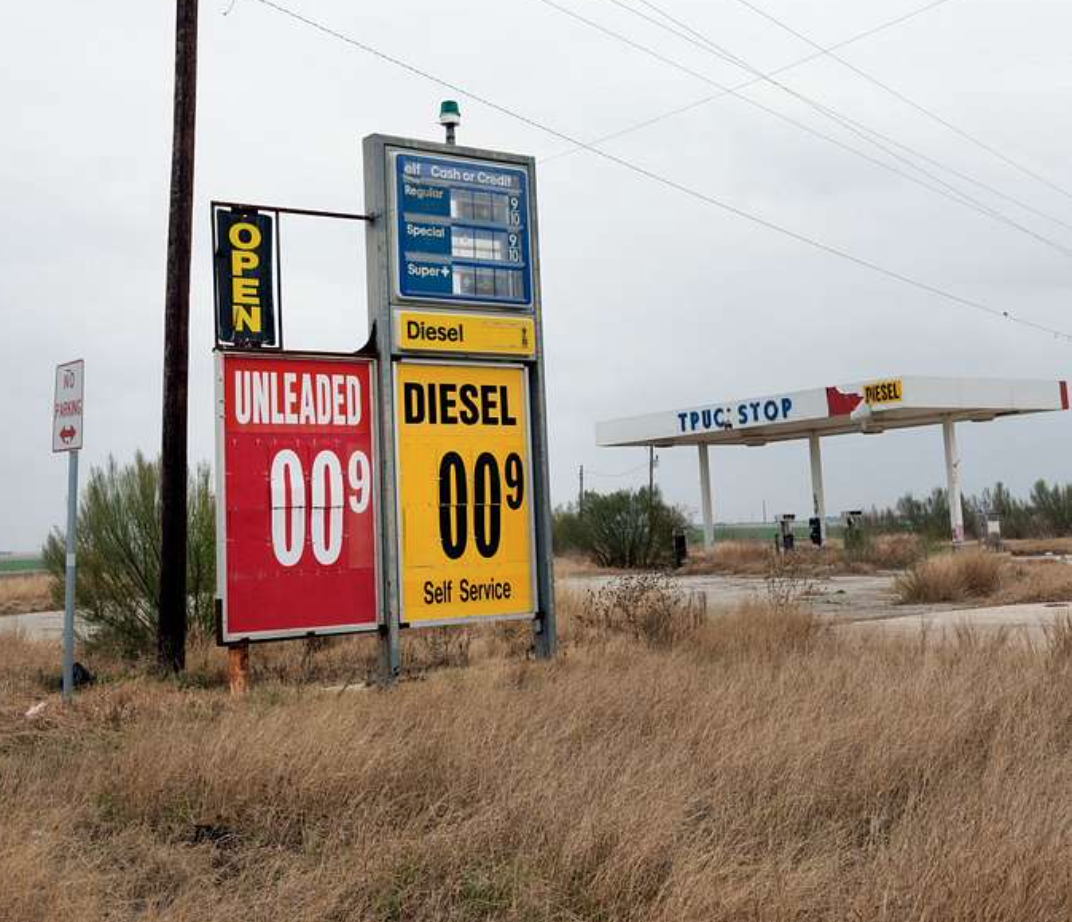As President Biden urges Congress to give drivers a gas tax "holiday" that experts say won't even significantly ease pain at the pump, advocates are urging him to give Americans emergency relief from car dependency instead.
On Wednesday, sources revealed that the White House plans to request Congress to authorize a three-month suspension of the already rock-bottom 18.4-cent federal tax per gallon of gasoline, as well as the 24.4-cent per-gallon tax on diesel, while simultaneously urging states to suspend their own fuel taxes over the same period. Energy advisor Amos Hochstein told CNN that those two moves, together, could save Americans an average of 50 cents a gallon, though advocates were quick to point out that savings would almost certainly be much smaller if gas station owners pocketed any of the difference, or if governors declined to participate in the plan.
More important, though, experts say the President's proposal would exacerbate ongoing challenges for the entire U.S. economy, quickly eclipsing any modest short-term benefits for people who drive gas-powered cars — all while further reinforcing a car-dependent transportation system the country couldn't sustain before prices climbed above $5 a gallon.
Truth is we gave up on the federal gas tax like three decades ago. It’s a pretend thing now.
— Angie Schmitt🚶♀️ (@schmangee) June 22, 2022
In addition to astronomical expenses associated with subsidizing the use of vehicles that are among the largest contributors climate change, a recent Urban Institute report warned that gas tax suspensions often lead to increased inflation as demand rises in response to the cuts, while simultaneously draining public coffers that could be used to build badly-needed infrastructure.
Some particularly pivotal members of Congress seem to agree.
“Although well-intentioned, this policy would at best achieve only miniscule relief while blowing a $10-billion hole in the Highway Trust Fund that would need to be filled if we want to continue to fix crumbling bridges, address the spike in traffic deaths, and build a modern infrastructure system," Peter DeFazio (D-Ore.), chair of the House Committee on Transportation and Infrastructure, said in a statement. "Furthermore, encouraging state governments to suspend their gas taxes undermines the impact of the Bipartisan Infrastructure Law by reducing funds available to states to spend on infrastructure improvements. We should instead deliver relief directly to consumers by ending Big Oil’s price gouging and profiteering.”
stop trying to make sense of why they are suspending the gas tax in terms of economics or sustainability, it is not policy it's politics
— NEOM DEI Engagement Coordinator (@nickhasthoughts) June 22, 2022
DeFazio is pushing a bill that would certainly help cut costs for drivers more than a tax holiday, but advocates say it wouldn't address the more fundamental reason why Americans spend so much at the pump: because they functionally have no other choice but to drive. And that car dependent status quo harms more than just drivers.
“Over the last century, America has built a transportation system that makes it easy to drive and hard to do almost anything else," said Lisa Frank, executive director of Environment America's Washington legislative office. "As an unintended consequence, car-centric policies have also left us with choking traffic, polluted air and a dangerously warming planet. And they leave us vulnerable to oil price shocks caused by events over which we have no control, such as armed conflict half a world away.
"There is a way out of this mess, but it isn’t through short-term solutions like gas tax holidays," Frank added.
Reminder that suspending the gas tax still requires taxpayers to pay for roads and highways.
— David Zipper (@DavidZipper) June 22, 2022
But now those on the left pay more of that cost, and those on the right pay less. pic.twitter.com/xiyTUTantA
Frank emphasizes that to decrease transportation burdens for all Americans, Congress should focus on long-term solutions, like encouraging states to use their Bipartisan Infrastructure law dollars to provide "more and better alternatives to driving, such as rail, regional transit, walking and biking."
In the meantime, advocates say there's still a lot policymakers can do to give Americans short-term relief, without reinforcing the car dependent status quo.
"Instead of subsidizing gasoline sales, why don’t we provide a ‘holiday’ on transit fares?" asked Matt Casale, environment campaigns director for the U.S. Public Interest Research Group. "Or we could provide emergency incentives for carpooling, or boost funding for workplace programs that help workers find cleaner commuting options. We could provide subsidies to offset the cost of e-bikes and conventional bikes. Or even pay people to ditch their cars altogether. That would cut back on demand for oil and ease price pressures for everyone.”
Once again, I want to know what the medium & long term plans are to lessen the dependence on cars in this country? Who is casting that vision? Do our elected leaders have no imagination or backbone to stand up to car culture? Sadly, I know the answer. https://t.co/6oUiRo88fc
— Jerome Alexander Horne (@jahorne) June 22, 2022
Casale's suggestions, of course, aren't an exhaustive list. A handful of communities around the world are already trying even more novel strategies to ease the sting of the latest oil shock, like offering ultra cheap monthly fares for long-distance train travel; others need only turn back a few pages in the quarantine-era transportation playbook to learn how to rapidly build pop-up bike lanes, sidewalks, and other open spaces where people can safely travel without an automobile.
Whatever strategies U.S. communities ultimately adopt, advocates say it's critical that they act now, and act big.
"The current gas price spike is just the latest reminder that our dependence on oil leaves us all over a barrel," Casale added. "To really help consumers, we need more than a gas tax holiday — we need real transportation solutions that do not further deepen our dependence on cars and oil over the long haul."






